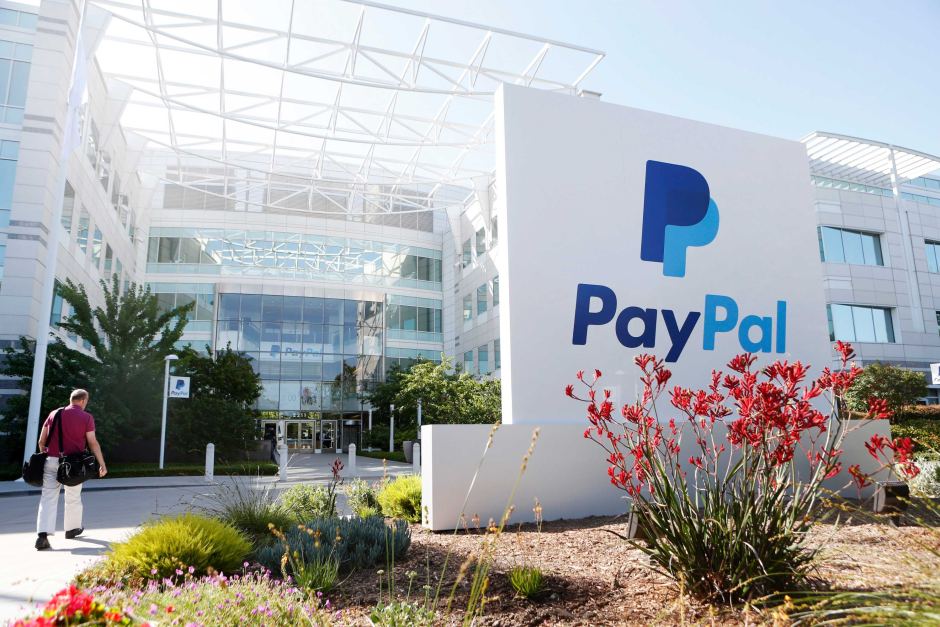Source – https://analyticsindiamag.com/
In terms of educational background, PayPal looks for candidates with programming, statistics, economics, and mathematics background with a focus on logical reasoning, data interpretation and a programming mindset.
PayPal, one of the largest online payment processing firm globally, has several data science teams working as Center of Excellence (CoE). For instance, Customer Support Intelligence focuses on research and development to solve NLP issues at scale. On the other hand, Global Data Science, Risk Analytics, Workforce Planning and Forecasting, Merchant & Consumer Analytics are focused on enabling Business/Risk/Compliance and work in a global construct.
We got in touch with V. Chandramouliswaran, Sr. Director, Global Financial Crimes and Customer Protection & Chennai Centre Head, PayPal India, to understand the hiring process for data scientists at the company.
Skills Required
PayPal mainly focuses on two critical areas while hiring data scientists — functional skills and business. On the functional side, preference is given to candidates with machine learning skills, OpenCV and deep learning. “We also recruit many Business Analytics individuals for whom the data science functional experience requirement is less onerous,” said Chandramouliswaran.
On the business side, experience in payments, banking, risk, customer management, marketing experience is a huge plus.
In terms of educational background, PayPal looks for candidates with programming, statistics, economics, and mathematics background with a focus on logical reasoning, data interpretation and a programming mindset. “However, we have never focused on hiring only from top-tier institutes and are happy to provide opportunities to top talent with the right skill set and passion for solving large scale problems and driving global impact.”
“For us at PayPal, skills and educational background are not as important as experience and exposure,” added Chandramouliswaran. Candidates who have worked with big data, built data science models, solved pressing business problems are preferred.” We look to hire talent that constantly challenges us and pushes us to innovate every day.”
Interview Process
The interview process at PayPal consists of two significant steps:
Screening by talent acquisition and business teams: The first step is screening by the talent acquisition team, who spend about 20-45 minutes explaining the role and understanding the fitment. The business team then spends about 30-45 minutes explaining the roadmap, challenges and cultural fitment.
Interview process: Post the screening, the candidate goes through an average of five rounds of interviews, each lasting 45-60 minutes covering the fundamentals of data science, ability to program and work with data, ML Libraries (for engineering DS roles) and also address a business case on analytics or model development.
Chandramouliswaran said one of the critical challenges in recruiting is the limited availability of talent for niche skill sets such as NLP and deep learning. Other challenges include a lack of understanding of the digital payments/fintech ecosystem’s nuances and strong business acumen. “Data scientists, in general, go around with a hammer in their hand looking for a nail, and that is the biggest challenge,” he said.
Chandramouliswaran highlighted the typical mistakes in data scientists’ hiring process:
- Not doing due diligence and completing all key fundamentals of the hiring process. Late hire is always better than a wrong hire.
- Not following a consensus-driven approach.
- Not exposing the candidates to real-time business problems and consumer impacting decisions.
PayPal addresses such pitfalls by evaluating candidates based on their approach to solve real-time problems and implementing the solutions using a small dataset, and exposing the candidate to PayPal’s values, people, work and work culture.
PayPal primarily relies on traditional ways to recruit data scientists, such as outbound efforts via job boards, campaigns, and referrals. Some of the non-traditional ways include connecting with potential talent during events, meet-ups and networking platforms.
PayPal posts most of the data science roles on its website.
Interview Questions At PayPal
The questions depend on the nature of the role. If the role has a heavy data science tilt, then the candidate would be expected to demonstrate a sound understanding of cutting-edge algorithms and will have to engage in a dialogue on ‘what’ works and ‘why’, explains Chandramouliswaran.
For the Business Analytics role, guesstimate-type questions are asked. “Outside of these, there will be questions on the data skills that a person possesses, an ability to pull, scrub and analyse etc. Needless to say, the candidate needs to be comfortable with a programming language of his or her choice,” he said.
Being A Data Scientist At PayPal
PayPal believes in inclusive hiring. The skill sets PayPal look for include:
- Real-world data science problems solving skills
- Question the ‘why’ behind the problem and rejecting a one size fits all approach
- Strive to understand the business
- Always put the team ahead of themselves
- Identify themselves with PayPal’s values
A data scientist at PayPal is expected to carry responsibilities such as problem structuring, data preparation, model & strategy building, model & strategy validation, benefits measurement, and more. “A huge expectation is also in being comfortable with ambiguity. There have been many instances in which problems will be poorly defined, and having the requisite business background to engage in a dialogue to get to a well-defined and impactful problem statement collectively will be a differentiator,” he said.
Paypal provides ample opportunities for data scientists to grow through:
- Using real-time data to solve end-user problems
- Building landscapes that make technology more accessible for users who are not digital natives
- Working with large datasets that support critical decision-making
- Building consumer-friendly products and solutions
“With several data science functions located in India, careers can grow both laterally and vertically,” he said.
Pro Tips
For an analytics professional who wishes to carve out a career in the analytics industry, Chandramouliswaran advises them to be comfortable with data and numbers, and have an innate curiosity and problem-solving skills. “Building the right skill set through courses and competitions along with solving real-world problems will set the stage for people interested in analytics well on their way,” he said.
